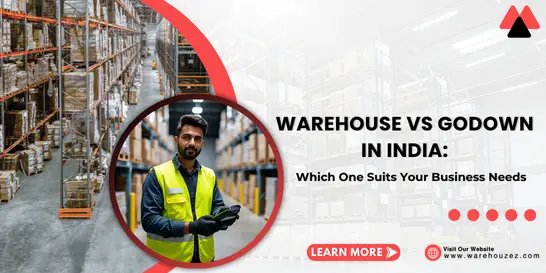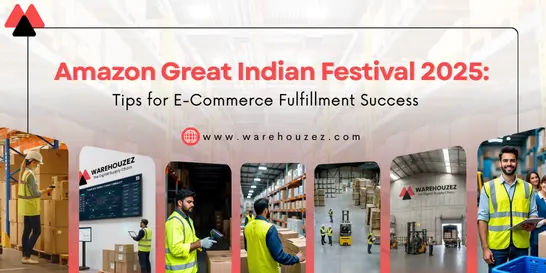How Technology Is Changing The Trucking Industry For The Better
How Technology Is Changing The Trucking Industry For The Better
The trucking industry is a vital vertical that is stimulating the growth of the country's economy by optimizing the flow of goods and services around the world. But it’s an industry that’s been slow to change. However, it is surely starting to shift as trucking companies embrace new technologies to reduce shipping costs and improve safety.
One of the biggest changes in the industry is the rise of autonomous trucks. These trucks are outfitted with sensors and software that allow them to drive themselves, with a human driver there to take over if needed. Trucking companies believe that this could help reduce accidents and improve efficiency.
Another change in the industry is the rise of warehouses in Delhi. These warehouses are able to store goods closer to the final destination, which can help reduce shipping times and costs.
There are several ways that technology is changing the trucking industry. It’s an industry that’s ripe for change, and it will be interesting to see how these changes unfold in the years to come. Keep on reading to find out more!
How GPS tracking is changing the trucking industry?
GPS tracking is one of the most important technologies that’s changing the trucking industry today. With GPS tracking, companies are able to track their trucks in real time, allowing them to better monitor the location and progress of their drivers. This helps trucking companies improve efficiency and reduce costs, as they no longer have to wait for drivers to arrive before they can start loading and unloading cargo. GPS tracking also allows companies to keep an eye on the safety of their drivers. They can monitor the speed of their drivers, as well as their routes and how long they’ve been working. This can help them ensure that their drivers are taking safe routes and not working too long, both of which are critical for driver safety.
How E-logs are improving truck driver safety?
Driving a truck might be dangerous, as truck drivers are often on the road for long hours and can be fatigued or distracted. That's why many trucking companies are turning to E-logs, which are electronic logs that keep track of a driver’s hours, routes, and other driving information. These logs help trucking companies ensure that their drivers are following regulations and taking safe routes. By keeping careful track of these logs, they can better monitor the safety of their drivers and make sure they’re not overworking them. E-logs also help truckers better manage their time. By tracking their hours, they can make sure they’re taking breaks when needed and not pushing themselves too hard. This helps to reduce fatigue and make sure they’re staying safe. How dashcams are protecting truck drivers: Another technology that’s being adopted by trucking companies is dashcams. These cameras are mounted in the cab of a truck and record video of the driver and any events that happen while the truck is moving. This video can be used to protect truckers in the case of an accident or dispute. If there’s a disagreement about what happened, the video helps to resolve the issue. Dashcams can also help trucking companies keep an eye on the safety of their drivers. If a driver is speeding or not following regulations, the video can be used as evidence to help them take corrective action.
How automated systems are making the trucking industry more efficient?
Automated systems are also being adopted by trucking companies to help make their operations more efficient. These systems use sensors and software to automate the loading and unloading of cargo, as well as other aspects of trucking operations. This automation can help to improve efficiency and reduce costs. With automated systems, companies don’t need to rely on manual labor to load and unload cargo, which helps them reduce labor costs. Automation can reduce the time it takes to move cargo, as automated systems are faster and more accurate than manual labor.
Bottom Line
As you can see, technology is having a major impact on the trucking industry. GPS tracking, E-logs, dashcams, and automated systems are all being adopted by trucking companies to help improve safety, reduce costs, and make their operations more efficient. The trucking industry is changing, and it’s an exciting time for entrepreneurs and companies that are willing to embrace new technologies. As these technologies become more advanced and widespread, we can expect the trucking industry to become more efficient and safer for everyone involved.



